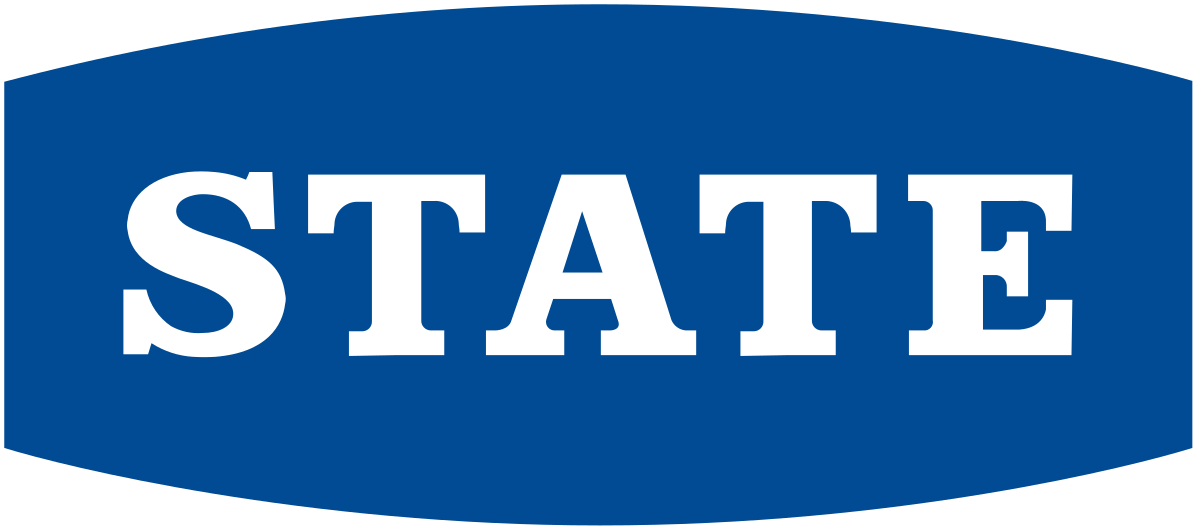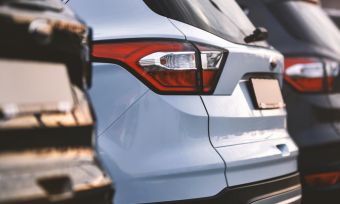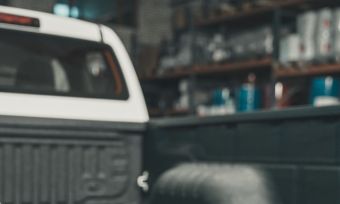Why is it important to check if a car is stolen or has money owing?
Whenever buying a second-hand car through a private vendor, or even a small dealership that you’re not familiar with, it’s a good idea to first check whether the car’s stolen or has money owing on it.
Ensuring that a car has a clear finance history will give you peace of mind that you’re making a lawful and sound investment. Not only will it help establish the legal ownership of the vehicle, it can shield you from potential financial liabilities associated with the purchase.
The process is crucial in avoiding legal complications that may arise from you unknowingly buying a stolen vehicle. It can also assist in securing finance, as lenders typically require an assurance that the vehicle has no outstanding financial obligations.
Additionally, it’s an important step when arranging insurance cover, as policies can be affected by a vehicle’s history.
How to check if your car is stolen
In New Zealand, you can check if a car has been reported stolen by searching for it on the NZ Police’s online database. You can use either the car’s licence plate number or its Vehicle Identification Number (VIN). You can access the police’s database here.
A VIN is a 17 character ID number that identifies a vehicle, and can typically be found:
- Stamped into the vehicle structure (often the firewall) during manufacture
- Stamped on a metal plate and fixed onto the vehicle body
- Etched onto the rear window of the vehicle
If you have suspicions about a vehicle, contact the New Zealand Police directly to inquire about the status of the vehicle.
Be aware of stolen plates
It’s common for a car’s licence plates to be switched when it’s stolen, which limits the effectiveness of searching the NZ Police online database using just a car’s registration number. For this reason, using a vehicle’s VIN can be a more reliable method.
Alternatively, sites like CarJam provide an overview of the specific car registered to a licence plate, plus its VIN, so you can cross check the plate and VIN.
How to check if your car has money owing
1. Check the Personal Property Securities Register (PPSR)
If you’re looking for a used car, make sure to check that there’s no money owing on it before you buy. A quick search of the PPSR can tell you if any third party has registered a security interest in the vehicle.
Visit the PPSR website and perform a check by entering either the car’s registration number or its VIN. The PPSR will provide information about whether there is money owing on the vehicle or if it has any security interests registered against it. To access the PPSR database, you’ll first have to create a RealMe account, which you can use to access a range of government websites.
2. Contact the financing company
If the PPSR report indicates money owing, contact the financing company listed in the report or contact the seller to obtain more information about the financial status of the vehicle.
Compare car insurance with Canstar
About the author of this page
This report was written by Canstar Content Producer, Caitlin Bingham. Caitlin is an experienced writer whose passion for creativity led her to study communication and journalism. She began her career freelancing as a content writer, before joining the Canstar team.
Enjoy reading this article?
You can like us on Facebook and get social, or sign up to receive more news like this straight to your inbox.
By subscribing you agree to the Canstar Privacy Policy









Share this article